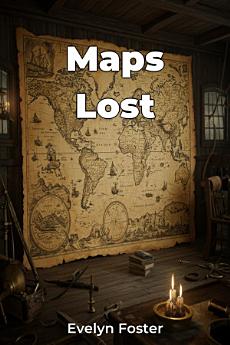Maps Lost
About this ebook
It reveals how flawed maps have shaped exploration, fueled territorial disputes, and redefined our understanding of the world.
The book highlights that maps are not objective truths but interpretations influenced by political agendas and the limitations of geographic knowledge at the time.
For example, the persistent appearance of mythical islands on early maps of the Atlantic spurred many voyages of (fruitless) exploration.
The book adopts a critical cartographic approach, challenging the notion of maps as purely objective tools.
It emphasizes that maps are subjective constructions that reflect their creators' biases and historical contexts.
""Maps Lost"" progresses through a series of compelling case studies, examining specific maps and their unintended consequences.
These include instances where miscalculations led to the search for the Northwest Passage and politicized mappings of contested territories.
Ultimately, ""Maps Lost"" argues that cartographic errors, while often viewed as failures, have paradoxically driven exploration, discovery, and the expansion of geographic knowledge.
It equips readers with the tools for cartographic literacy, encouraging them to critically analyze maps and understand their role in shaping our perception of the world.








